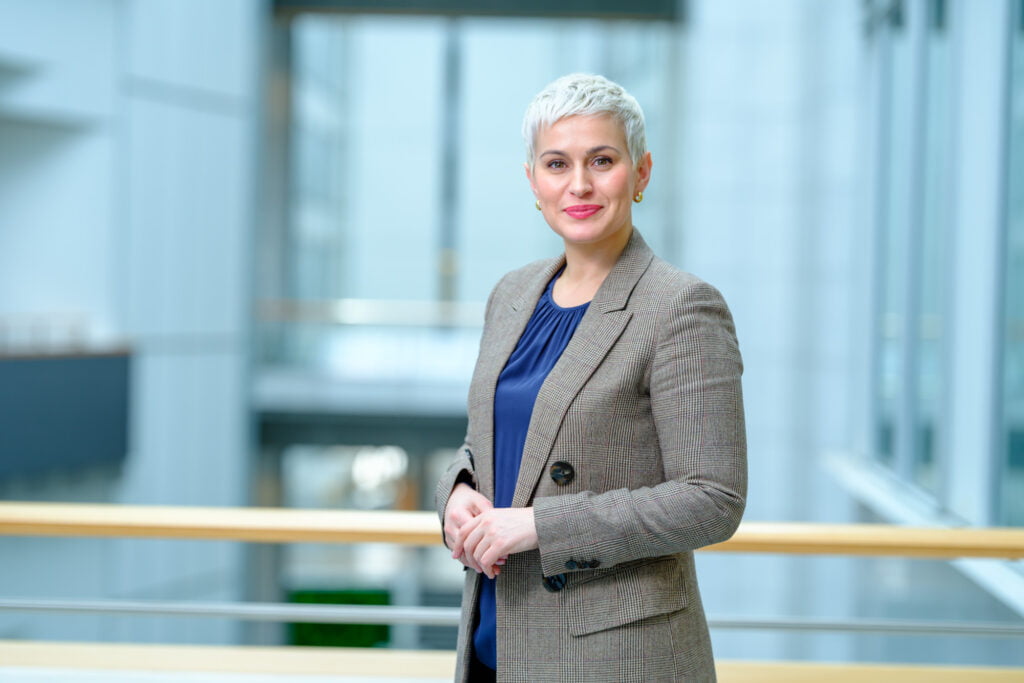
Voting yes for care and yes for family in the March 8th referendums will ensure an Irish constitution which is modern and inclusive, recognising all families and supporting the care families give to one another, Fine Gael MEP Maria Walsh has said.
On 8th March 2024, International Women’s Day, those in the Midlands-North West and across the country will be asked to cast their vote in favour of two changes to the constitution.
The first is to delete articles 41.2.1 and 41.2.2, which refers to a woman’s role being within the home and proposes to insert a new Article 42B which recognises caregivers within families – regardless of gender. The second will be to expand the definition of the family found in Article 41.1.1.
MEP Maria Walsh said:
“The proposed amendments seek not to diminish but to enrich our constitutional fabric by extending recognition and rights to all families, including those led by single parents and grandparents – a first in our constitutional history. This change recognises the reality of many households in the Midlands-North West, affirming their significance and contributions to our community.
“Moreover, the introduction of a provision dedicated to caregiving signals a transformative shift in our societal values. It acknowledges the invaluable role of caregivers, both men and women, in and outside the home. This is a commitment to the welfare of our families and caregivers, ensuring they are supported, valued, and recognised.”
Speaking at the launch of Fine Gael’s YES campaign, An Taoiseach Leo Varadkar said:
“Our Constitution is a legal document. Our most basic law. It’s also much more than that, it’s a statement of our values as a nation, the beating heart of our Republic. We want to make sure that it reflects our values as a society and as a nation as it is now.
“Families that are not based on marriage like those led by a grand-parent or lone parent will gain constitutional recognition for the first time, and this will put a positive obligation on future Governments to continue to work hard to provide additional state support for family carers, men and women, in the home and outside of it.”

